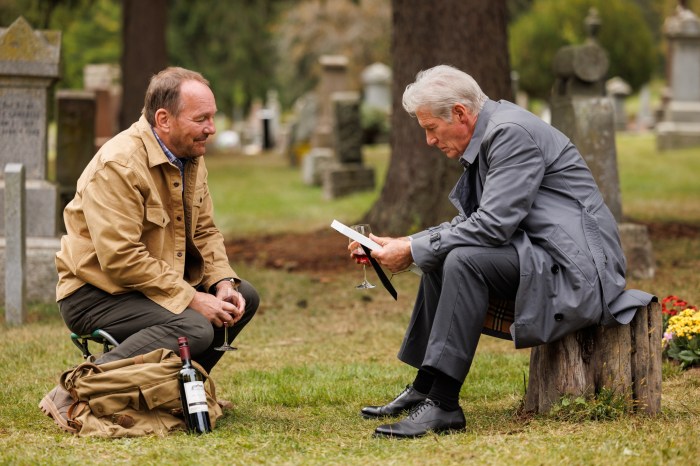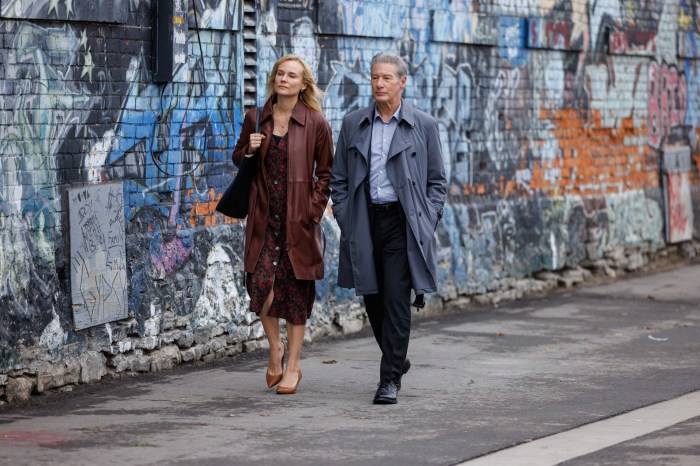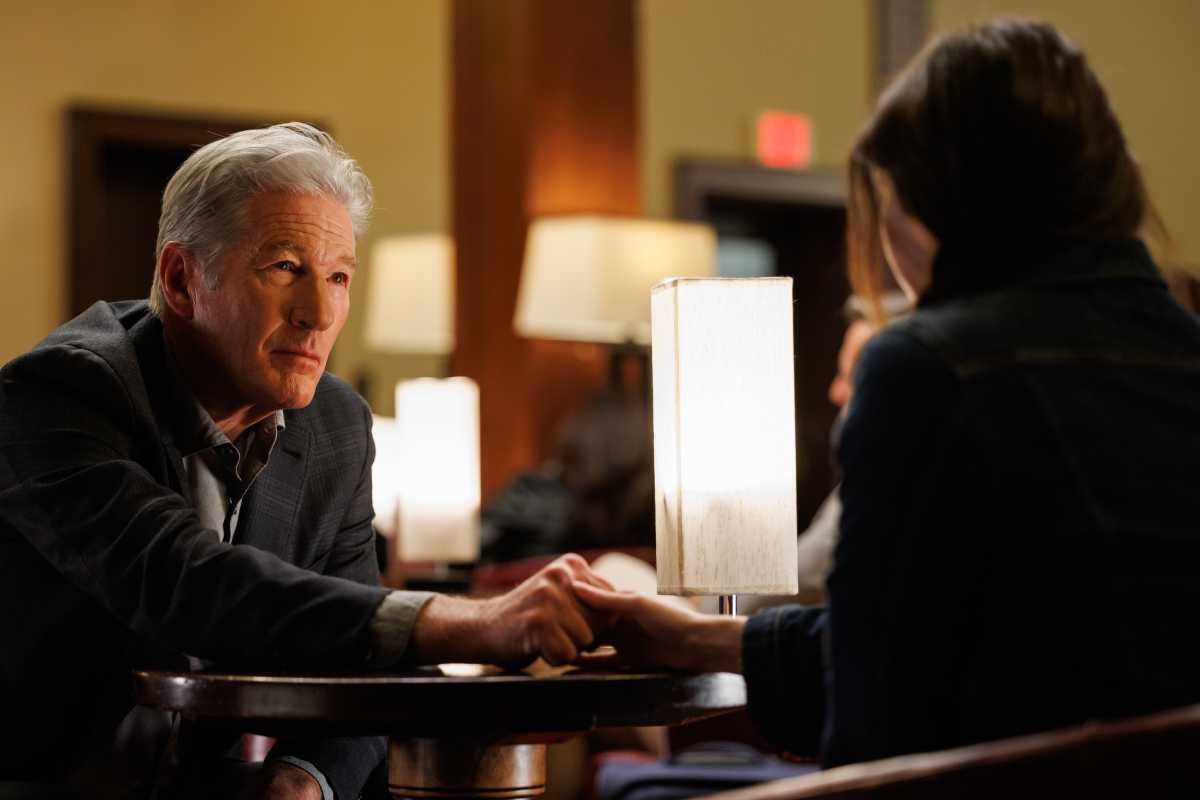When Israeli writer-director Savi Gabizon set out to make his 2017 film ‘Longing,’ the story was met with acclaim from critics, especially through the film festival circuit. And with the English re-make of the film, now starring Richard Gere as Daniel, a seasoned bachelor who finds out later in life that he had a son for decades and his son just died, audiences will once again see Gabizon’s touching tale, but with a Western view.
Through Daniel’s journey of finding more out about his boy in the form of conversations with friends, peers and even lovers, Gere’s character goes through quite the grieving process, and it poses the idea of just how far someone will go emotionally, when hit with grief.
To chat more about the film and to dive deeper into the heart of the story, Gabizon sat down to chat more about what inspired ‘Longing.’
Where did the idea for ‘Longing’ come from in the first place?
The idea came after my girlfriend came back from Singapore, and she told me that she actually participated in a [wedding] ceremony, like in the film. She told me that a part of Tao believers, when their sons die, they used to search for a girl that died too, and then try to marry them.
And I thought when she told me about it, first of all, I really understand the needs, the psychological needs of the parents to continue with their son. And second, I thought if I could succeed to create a circumstance or a story or moves that would allow a marriage like this to happen in Western society, it could be interesting and unique. So I began the whole story from this idea, from this marriage.

What drove you to re-make the 2017 film again now? And were there any changes you wanted for the new feature?
I used the situation, the opportunity to change things—but I didn’t do it for change. I did it because I wanted to change the scale. When the film is in English, there is an option for a lot of audiences in the world to see it.
The acting in the film was really moving, especially from Richard Gere. Was he someone you always had in mind for the role of Daniel?
If you remember the first scene when he heard about the son, the first thing he does is call his lawyer. This is a very low step to begin with for a character, and I needed someone who could do it and still you as an audience [be able to] identify with him and go with him on the journey. So I needed someone that you could see his soul and you see through his eyes, and then you could identify with him, although he does this very peculiar move in the beginning.
Richard was the first one I thought about, he was my partner from the beginning. He saw the [2017] film, and he loved it, and he helped me to make this transition for the script from Israeli culture to American culture. And then when we got to the shooting days filming it, even after he made his scenes, he preferred to stay on the set and give the text to his partners because he loves actors, and he felt committed to the project. It was wonderful with him.
A lot of the scenes are very intimate with one-on-one conversations and small groups. What stood out to you story-wise in these character-driven settings?
I love the scenes in which Daniel discovers something bad about his son. I thought it’s important to give him [those moments] to discover these bad things because I think in real life, fatherhood flourishes when fathers discover bad things about their sons and daughters. I tried to add more and more moments like this so he could deal with it and we would see his problems discovering it.
There’s also surrealism in ‘Longing’, specifically the scene where Daniel dreams that he’s with his son and they both see a larger-than-life moment with his son’s teacher, who he was infatuated with before he died. What does that add to this otherwise very grounded story?
I wanted to see this boy one time with him. So I needed to make it in a dream, otherwise I couldn’t have a scene with him. But the real need for this scene—the scene before that, Daniel meets with the teacher (Diane Kruger) and the teacher was his son’s love. He felt attracted to his son’s love, so he felt guilty.
And this guilt I think brought the dream of the woman and he and his son to look at her and moan and all these peculiar [elements] in it. But it was really important for me not to do an erotic scene, it is more a holy scene. The music for example, it’s very angel-like music, sad angel music and not something comic or erotic or anything like that.

You brought up the music, what role does that play in the film? It was subtle, but noticeable.
The music takes part as an observer. It’s an observed music and I like the music being this way a bit—in a far position, but still there. It doesn’t push the story, but it’s there as a soft touch.
Overall, what do you hope people walk away thinking or feeling after watching ‘Longing’?
I have a friend that saw the film and told me that after, he [went] home to hug his boy. It’s a story about missing, and most of the people have their boy sitting on the sofa and you can just go and hug him. So I think this story will cause you hopefully to hug your son and to feel blessed that you have him.
‘Longing‘ will be released in select theaters June 7.

































